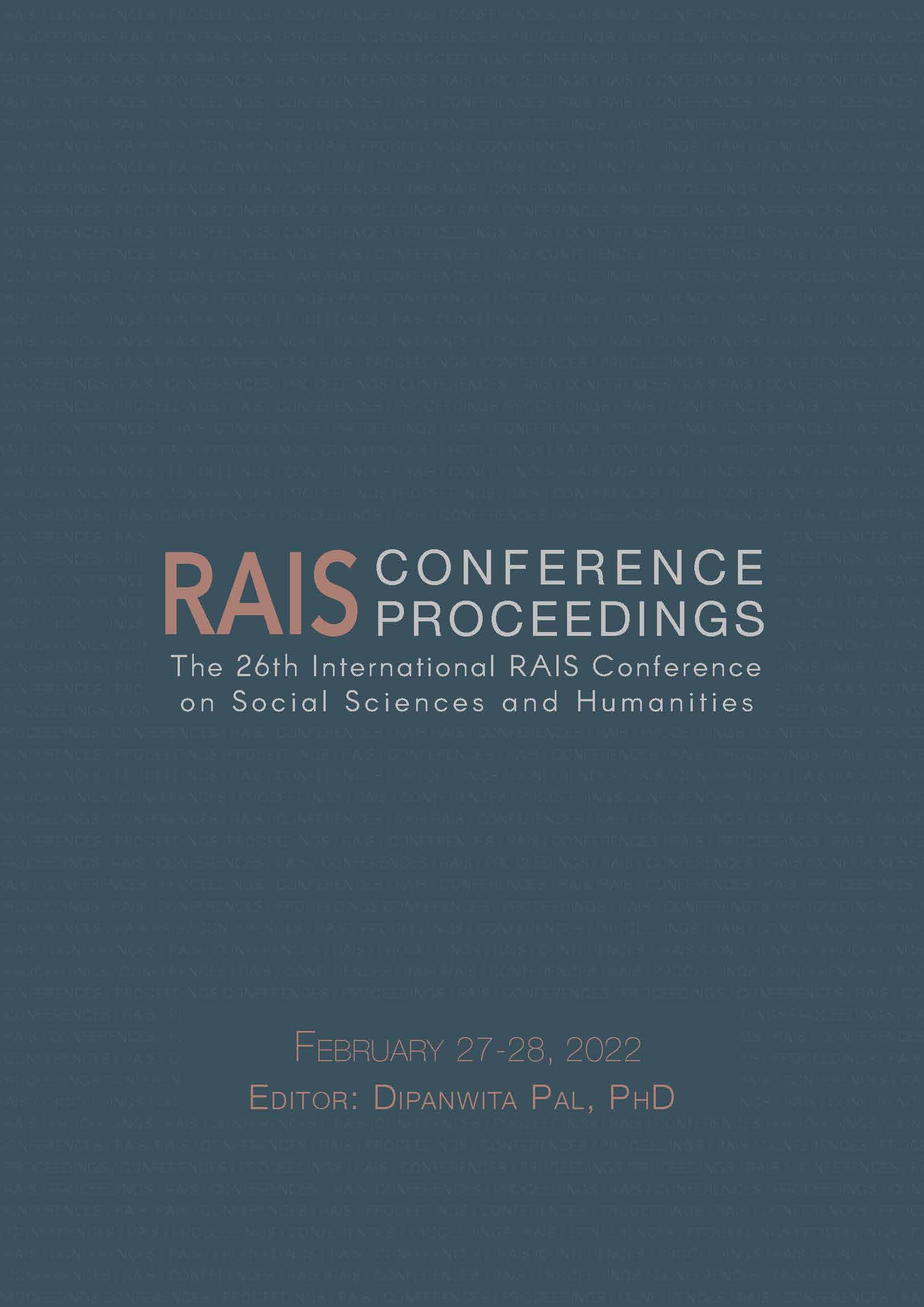Chatbots, Future Undercover Investigators in the Criminal Process in the Artificial Intelligence Era?
Chatbots, Future Undercover Investigators in the Criminal Process in the Artificial Intelligence Era?
Author(s): Nadia Zlate
Subject(s): Criminal Law, ICT Information and Communications Technologies
Published by: Scientia Moralitas Research Institute
Keywords: artificial intelligence; use of artificial intelligence in justice
Summary/Abstract: Modern society is witnessing remarkable development in many areas due to the advancement of computer science and, in particular, Artificial Intelligence (AI). IA represents “the theory and development of computer systems capable of performing tasks that regularly require human intelligence, such as visual perception, speech recognition, decision-making, and multilingual translation”. Justice is also an area in which AI brings its contribution in different forms, depending on the legal framework of each state. International bodies are preoccupied that law enforcement agencies adapt to new ways of committing crimes with technological and transnational components and use appropriate means of investigation. Chatbots are intelligent conversational computer systems designed to mimic human conversation to enable automated online guidance and assistance. The increased benefits of chatbots have led to their widespread adoption by many industries to provide virtual customer support. Chatbots use methods and algorithms in two areas of artificial intelligence: Natural Language Processing and Machine Learning. Researchers have shown that chatbots can be used as real undercover agents. Thus, they may enter into a conversation with criminals willing to commit certain serious crimes without the latter knowing that they are in fact talking to an intelligent computer system, recording the conversation, the IP of the device used by the suspect and other data that may be stored on a computer system. The chatbot can have a human avatar, but not necessarily, and conversations can take place in a variety of ways: written, spoken, and so on. There is currently widespread discussion about the technological and ethical limitations of the use of AI in criminal justice, and the process of integrating mechanisms involving the use of AI into national law is difficult.
Book: Proceedings of the 26th International RAIS Conference on Social Sciences and Humanities
- Page Range: 118-125
- Page Count: 7
- Publication Year: 2022
- Language: English
- Content File-PDF

